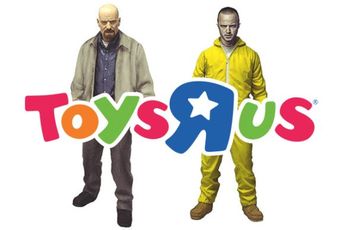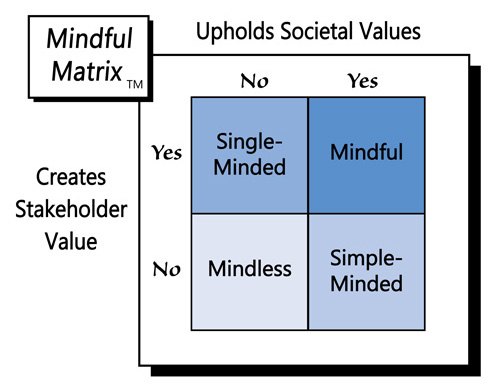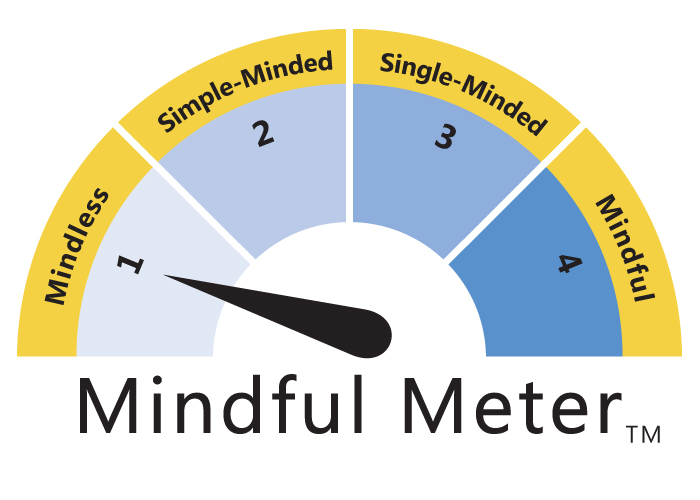Case in point: National toy retailer Toys R Us, recently began selling action figures based on several characters from “Breaking Bad,” AMC’s very popular and highly acclaimed TV drama that chronicled the struggles of high school chemistry teacher Walter White, who turned to selling crystal meth in order to help secure his family’s financial future after being diagnosed with incurable lung cancer. Over the course of the series, which ran from 2008-2013, White became more deeply entrenched in the drug trade, while his character became darker, and his morality more questionable.
Fortunately the Breaking Bad dolls in Toys R Us didn’t go unnoticed by concerned consumers. A Fort Myers, Florida mom, Susan Schrivjer, launched a petition on Change.org, asking Toys R Us to stop selling the figures, one of which came with a bag of mini-meth; another had a mini meth-cooking safety mask. After initially standing its ground, stating that the dolls were targeted toward youth 15 and older, Toys R Us eventually conceded and pulled the action figures from its stores.
It’s hard to understand how Toys R Us and the dolls’ manufacturer failed to foresee how this merchandising venture would end. To market products that glamorize the drug trade is in itself highly questionable. To target children with those same products is unfathomable.
Given their tenuous financial potential and morally dubious nature, the Breaking Bad dolls neither created stakeholder value nor upheld societal values. The result is a fairly easy call: Mindless Marketing.
Check out Mindful Marketing Ads and Vote your Mind!




 RSS Feed
RSS Feed